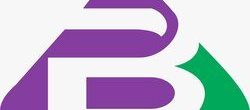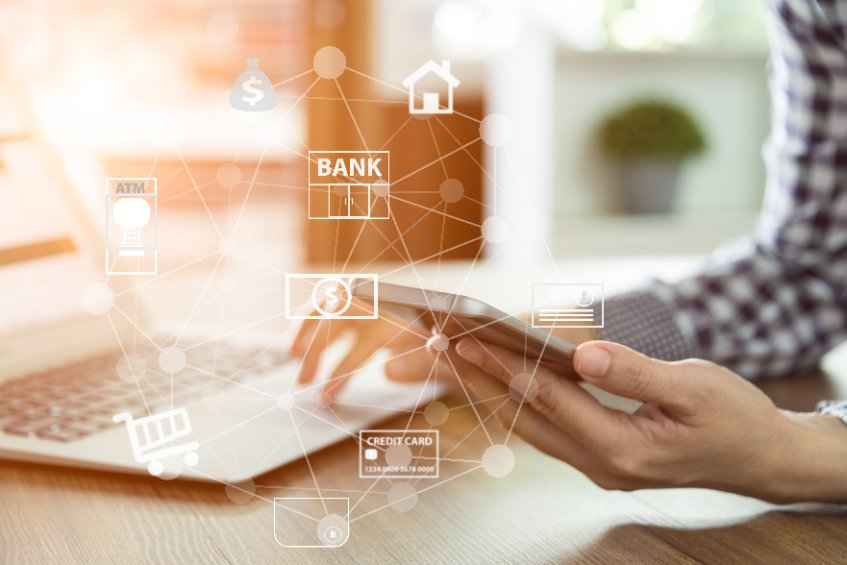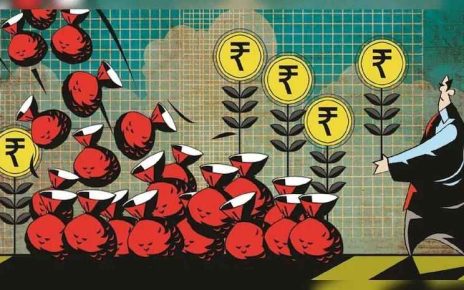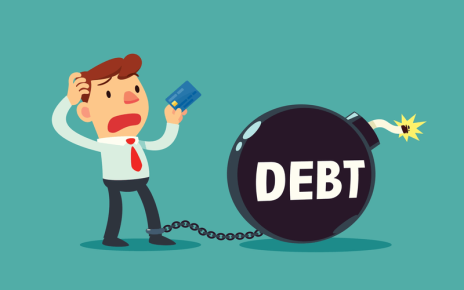Are you one of the more than 80% of Americans who do their banking online with banks such as Arival, Zenus and Digital International Bank or DIB? If so, you’re in good company. The fact that people are increasingly doing their banking online speaks to its convenience and safety, both of which help it stand out from the old-fashioned way of going to the bank to make your deposits and withdrawals. And if you’re concerned about your money being safe, rest assured that online banking is one of the safest ways to do your banking — because online banks are much more secure than traditional brick-and-mortar institutions!
Safety
Although you’re probably aware of bank safety rules and practices (e.g., don’t leave your cards out where others can see them, change your PIN often), here are some common-sense precautions that can go a long way toward protecting your money: Always log out when you’re finished online banking. If your computer is ever stolen or lost, you want to make sure that nobody has access to any of your information. Also be sure not to share passwords with anyone else. Identity theft is common and one-way people often steal identities is by finding someone else’s password on social media or other websites they frequent. Never use public computers for anything related to banking—you never know who else might have used it before you!
Convenience
While in-person banking certainly offers a lot of conveniences, online banking has come a long way since its inception. Once used solely for bill payment and basic account management, today’s online banks can do almost everything that traditional brick-and-mortar institutions can. You’ll find free ATM access, check deposit with mobile apps, direct deposit into savings accounts, and much more. It’s true: The safest way to do your banking is online!
Get Rid of Paper Checks
Paper checks are a fast way to lose track of your money. With online banking, you can move cash around as you need it and ensure that you never bounce a check again. It’s not only convenient but also secure; many banks offer some form of security guarantee in case your information is ever stolen or compromised. To start using online banking, visit your bank’s website and look for instructions on how to sign up. Once you know how it works, get rid of your paper checks and cut down on unnecessary clutter in your life. You can even download apps that help you keep track of money owed between friends so there’s no confusion about who owes whom when it comes time to pay up!
Use Mobile Apps
Not only do many banks have free mobile apps, but they are safer than visiting a branch or ATM. The data you send over mobile lines is encrypted and shielded from prying eyes. To really protect your bank account from possible fraud, set up text message alerts so you know immediately if anything fishy happens with your checking or savings accounts. Bank of America and Citibank both offer these services for free; Wells Fargo charges a monthly fee for texting alerts but also offers them for free through their app if you’re not on their mobile banking platform.
Set Up Alerts
Consider setting up text message or email alerts for your bank. Many banks now allow you to receive alerts about every transaction you make, so you’ll always know how much money is going in and out of your account. You can also set alerts for accounts that haven’t been used in a while or ones with large sums of money in them. This can prevent unauthorized activity before it happens (and give you an early warning if it does happen). It could also be helpful to place a fraud alert on your credit files, which may help stop identity thieves from opening new lines of credit in your name.
Watch Out for Phishing Scams
One huge risk for people who bank online is phishing scams. Phishing is when someone sends you an email that looks like it’s from your bank, but actually contains links or attachments to scam you into revealing personal information (like your username and password). Be wary of any emails that ask for personal information, even if they look legit. If you’re not sure, head over to your bank’s website in a separate tab—your actual banking site will never contact you via email first. If you do get duped by a phishing scam, report it immediately and change all of your account passwords right away; don’t wait until it’s too late! Don’t forget about two-factor authentication as well.





